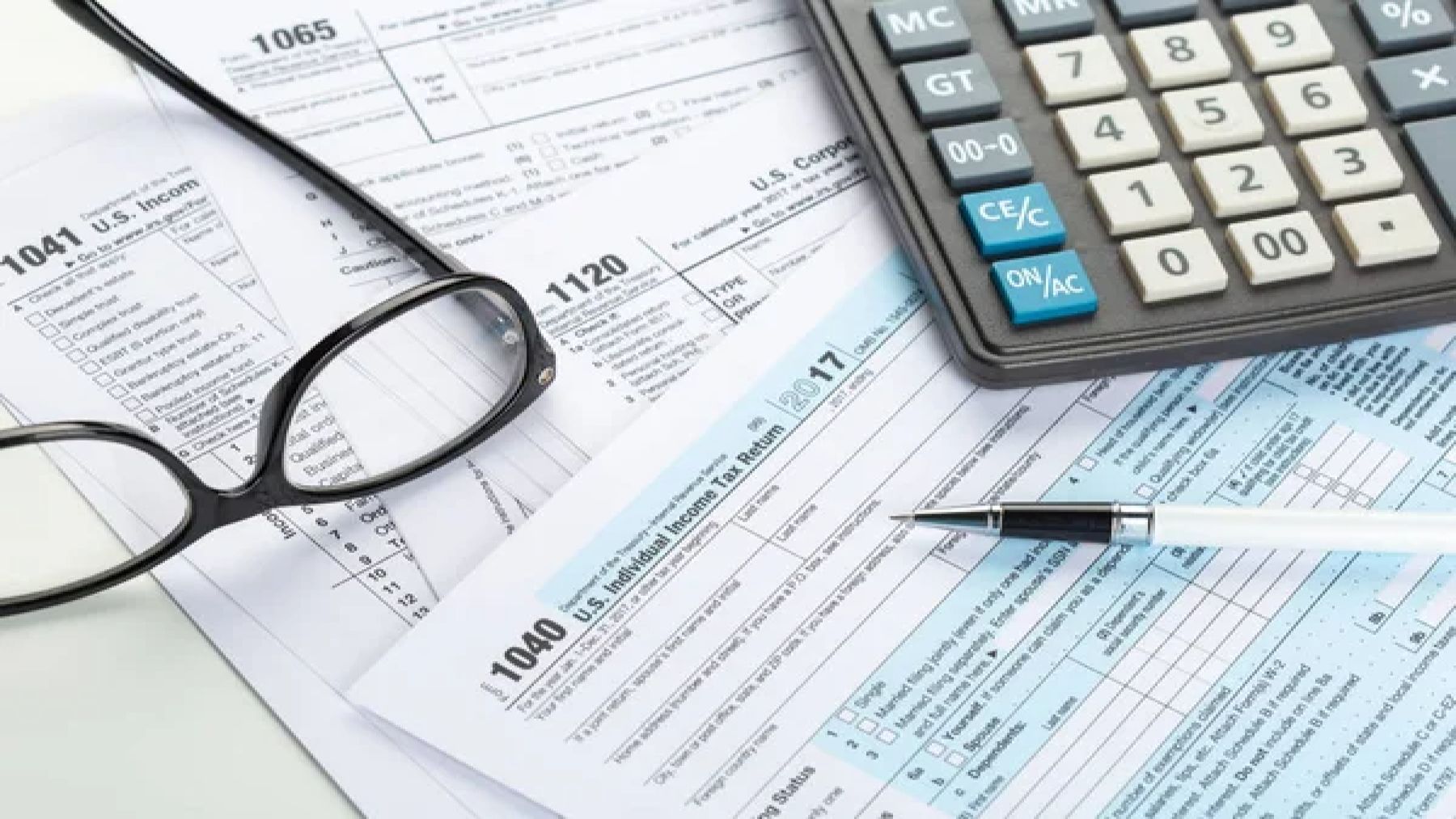As the tax season for the 2024/2025 fiscal year ends, most individuals probably feel an extreme sense of relief. Filing your taxes can be a stressful experience, especially if you are doing as for the first time or have more complicated income sources you need to report on. However, some individuals may not be able to put the tax season behind them just yet. Each year, the Internal Revenue Service (IRS) audits less than 1% of filers. While this number is small, you do not want to be part of it. Here are red flags to avoid so that you do not get audited.
What does an audit from the IRS mean?
When an individual is audited by the IRS, it is to determine if they are hiding unreported income from the IRS. According to federal law, all citizens must report all their income. Even if you have obtained your income through illegal sources, you must report it to the IRS. The IRS is not concerned with where your income is from, however, they do want to know how much you have of it. The good news is that it is very unlikely that you will ever be subjected to a random audit from the IRS, even if you do make a mistake on your income statements.
Despite this, you must ensure you submit all your tax statements timelessly and meticulously. If the stress was not bad enough when filing your taxes, you certainly do not want to be subjected to an audit. The IRS determines if an individual may need an audit by using a computer to find statistical red flags that may be a cause for concern.
5 red flags to watch out for to avoid an audit
To make both your life and the IRS’s easier, there are steps you can take to ensure that your tax returns do not get flagged by the IRS, which could subsequently result in an audit. Five red flags you should watch out for as a taxpayer if you want to avoid getting audited by the IRS are as follows:
- You are self-employed
- Math errors
- You claimed charitable donations
- Large changes in income
- You’re a high earner
When it comes to audits, one of the biggest at-risk groups is self-employed individuals. While you can make significant tax reductions as a self-employed individual, sometimes people take advantage of this, which can be a red flag for the IRS:
“Quite a few business owners want to deduct absolutely everything and claim it as a business expense. Fido’s visit to the vet might be expensive, but it’s not typically deductible unless you own a dog kennel,” says Camp
How to avoid being audited
The most straightforward way to avoid an audit from the IRS is to ensure that you are always honest when it comes to your tax deductions and that you keep a firm record of all your income and expenses. If you do happen to be audited, these pieces of evidence will be crucial for you to prove to the IRS that you have reported all your income and that you have deducted only what you are entitled to.
To ensure you are not audited, it is also important to ensure that you file your taxes correctly. The IRS provides many free resources on its website to help you file your taxes. If you meet certain requirements, you may also be entitled to a free IRS volunteer to help you file them. While the deadline has already passed to file your taxes, if you still have not done so, it is important that you still file to avoid any extreme penalties for not filing your income for the past year.















